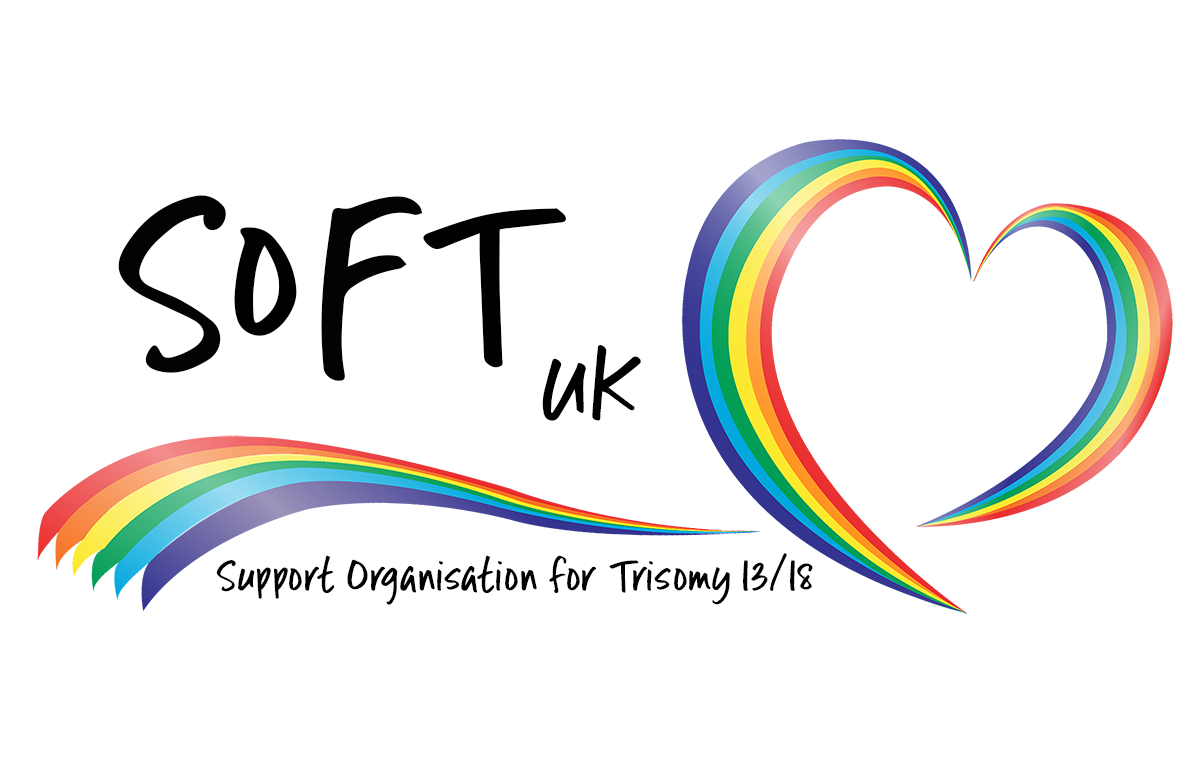The Tracking Rare Incidence Syndromes (TRIS) project seeks to increase the knowledge base on rare incidence trisomy conditions, and to make this information available to families and interested educational, medical and therapeutic professionals. Related outcomes will be the development of appropriate services, advance treatment options, and supports during the prenatal, newborn and subsequent developmental periods.
The Tracking Rare Incidence Syndromes (TRIS) Project began in 2004 with a focus to raise awareness and increase the knowledge base about individuals with low incidence trisomy conditions including trisomy 18, trisomy 13 and trisomy 9 mosaicism by offering information to families and interested professionals such as educators, medical professionals and therapists. The project also focuses on encouraging appropriate services, treatment options and supports for children with rare trisomy conditions and their families.
Data collection with the TRIS Survey (Full, Modified and Follow-up versions) began in 2007. The surveys request information relating to medical conditions, education and therapy needs, developmental milestones, family issues and demographic information about the child and his/her family. The Follow-up survey collects information once a year (tracking aspect of project).
The project continues to recruit participants, analyze data and prepare results for dissemination on the TRIS website, at national and international conferences and publications in medical journals as well as newsletters of trisomy support organizations.
To date, over 1000 families from around the world have enrolled in the TRIS project. Data from submitted surveys have led to 15 publications and over 20 presentations.
Read the most recent update from the project in October 2019 here.
The TRIS Project provides information modules have been developed to provide historical background, relevant literature, overview of daily and medical care, and recommendations for monitoring key medical needs based on research and anecdotal reports.
It is hoped these modules are shared with expectant parents, families with a child diagnosed with full trisomy 18, full trisomy 13 or trisomy 9 mosaicism and also with medical professionals and others caring for the child including therapists and teachers. It is especially important to disseminate to those on a child’s medical and developmental/educational team so that the focus is on strengths within the context of addressing needs and facilitating continued growth.
The TRIS Project has published a series of Case Studies of individuals affected by Trisomy 13 and 18, downloadable in PDF Format.
Publications and Presentations
The TRIS Project has published a range of Trisomy related papers and presentations, covering everything from cardiac intervention statistics to ethics and commentaries.
If you are a parent of a child affected by Trisomy 13 or Trisomy 18 and would like to participate in the TRIS study, more information and contact details can be found below. (Click to read in full)



